Different Types of Mechanical Measuring Tools and Gauges Used on Ships
Machinery onboard ships require regular care and maintenance so that their working life and efficiency can be increased, and the cost of operation, which includes unnecessary breakdowns and spares, can be reduced. For different types of machinery and systems, various measuring tools, instruments and gauges are used on a ship.
Measuring instruments and gauges are used to measure various parameters such as clearance, diameter, depth, ovality, trueness, etc. These are critical engineering parameters, which describe the condition of the working machinery.
Below, we have compiled a list of mechanical measuring instruments and mechanical gauges which are extensively used on the ship for the recording of different parameters.
Popular mechanical gauges and tools used on ships:
There are many instruments, tools and gauges which are used on a daily basis onboard ship for measurement, fault finding, wear down etc.
Following are the essential tools, gauges and mechanical instruments and their uses:
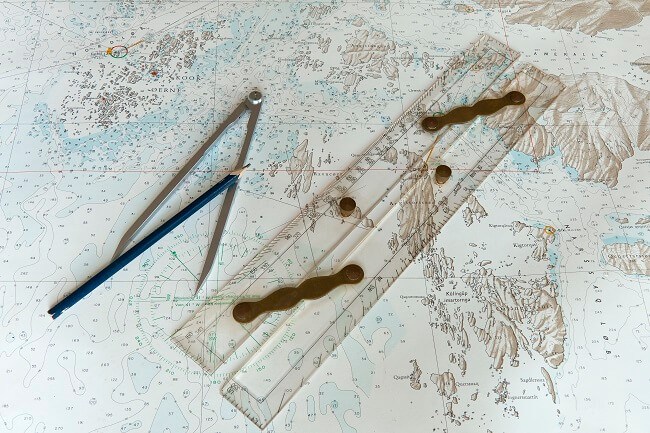
Popular mechanical gauges and tools used on ships are:
Ruler and scales
They are used to measure lengths and other geometrical parameters. This tool is one of the most famous measuring instruments in mechanical engineering. They can be a single steel plate or a flexible tape type tool. They are usually available in the measuring scale of inch or cm.
They are used for quick measurement of parts and always kept with other measuring gauge or tools in the workshop for handy access. The ruler and scales are not used where precise measurement is required. It is made from stainless steel which is durable and will not rust or corrode.
Calipers
They are usually of two types- inside and outside calliper. They are used to measure internal and external size (e.g. diameter) of an object. It requires an external scale to compare the measured value. This tool is used on those surface where a straight ruler scale cannot be used. After measuring the body/ part, the opening of the calliper mouth is kept against the ruler to measure the length or diameter.
Some callipers are integrated with a measuring scale; hence there is no need of other measuring instruments to check the measured length. Other types are odd leg and divider calliper.
Vernier Caliper
It is counted in the list of quality measuring instruments, which are used to measure small parameters with high accuracy. It has got two different jaws to measure outside and inside dimensions of an object. It can be a scale, dial or digital type Vernier calliper. Vernier calliper is one of the most used mechanical measuring tools onboard ship.
Least count of the vernier calliper is the difference between the values of main scale division and one vernier scale division.
Least Count= Value of one main scale division – Value of one vernier scale division.
= 1 mm – 9/10 mm = 1 mm – 0.9 mm = 0.1 mm or 0.01 cm
Micrometer
It is an excellent precision tool which is used to measure small parameters and is much more accurate than the vernier calliper. The micrometre size can vary from small to large. The large micrometre calliper is used to measure large outside diameter or distance. E.g. Large micrometre is used as a special mechanical measuring tool for main engine to record the outer diameter of the piston rod.
They are available in two types- Inside micrometre (to measure inside diameter) and Outside micrometre (for measuring outside diameter).
The Least count of the micrometre is 0.01 mm or 0.001cm.
Feeler gauge
Feelers gauges are a bunch of fine thickened steel strips of different thickness bundled together. The thickness of each strip is marked on the surface of the strip. The feeler gauge is used to measure the clearance or gap width between surface and bearings.
E.g. The feeler gauge is widely used to measure piston ring clearance, engine bearing cleaner, tappet clearance etc.
Telescopic Feeler Gauge
Similar to the functionality of feeler gauge, this type of gauge is also known as tongue gauge, and it consists of long feeler gauge inside a cover with tongue or curved edge.
The long feeler strips protrude out of the cover like a telescope so that it can be inserted into remote places where feeler gauge access is not possible. E.g. It is used to measure the bearing clearance of the top shell.
It is essential that after the use of the telescope gauge, the strip should be cleaned and retracted back to its housing, else it may damage the feeler strip.
Poker Gauge
Poker gauge is one unique tool among different types of measuring instruments is available in mechanical or digital form on ships. It is only used for one purpose; To measure propeller stern shaft clearance, also known as propeller wear down. It is a type of depth measuring instrument, whose reading indicates the wear down of the stern shaft.
A special access point or plate is provided which can be either open, bolted, secured or welded, depending upon the ship design. The Poker gauge is inserted to in this access point to measure the propeller drop. The poker gauge is a special instrument which is kept with the chief engineer, and the reading is usually taken every dry dock.
The design of the poker gauge may vary as each vessel has customised poker gauge made available during the handing over from the shipyard. While taking the reading the shaft to be turned, so that propeller boss matches with the marking of the shaft.
Bridge Gauge
As the name suggests, Bridge gauge looks like bridge carrying the measuring instrument at the centre of the bridge. They are used to measure the amount of wear of Main engine bearing. Typically the upper bearing keep is removed, and clearance is measured for the journal. A feeler gauge or depth gauge can be used to complete the process.
A feeler gauge or depth gauge can be used to complete the process.
Liner Measurement Tool
A liner measurement tool is a special tool for marine engines which comes in a set of the straight rod of different marked length, which can be assembled together to make the measuring tool of the required length. It is used to measure the wear down or increase the diameter of the engine liner.
It is considered as special tools when compared to other types of measuring tools and kept separately with other engine special tools under chief engineer or 2nd engineer supervision.
American Wire Gauge
American wire gauge or AWG is a standard tool which is circular and has various slots of different diameter in its circumference. It is used to measure the cross section of an electric cable or wire. This tool is usually kept in the electrical workshop of the ship, and electrical officer uses it for measuring wire thickness.
Bore Gauge
A tool to accurately measure the diameter of any hole is known as bore gauge, It can be a scale, dial or digital type instrument. The most common type which is used on the ship is dial type bore gauge, which comes with a dial gauge which is attached to the shaft and replacement rods, also known as measuring sleds, of different size to measure different hole dimensions. It is usually calibrated in 0.001 inch (0.0025 cm) or 0.0001 inch (0.00025 cm).
Depth Gauge
A depth gauge is used to measure the depth of a slot, hole or any other surface of an object. It can be of scale, dial or digital type. The depth gauge can be a micrometre style type, a dial indicator type, or modified Vernier type tool, which means the measuring base is fitted on the reading scale of a micrometre, dial indicator or the Vernier scale.
Angle Plate or Tool
As the name suggests, this is a tool comprising of two flat plates which are at a right angle to each other, and it is used to measure the exact right angle of an object or two objects joined together. This tool is usually kept in workshop away from any tools or chemical which may roughen the surface of the angle plate.
Flat Plate
The flat plate or a surface plate is a precision flat surface used to measure the flatness of an object when it is kept over the flat plate acting as a reference. The flat plate is also kept in a workshop in a secure location, and a wooden piece is usually held on the top of the flat surface as the protective cover to safeguard the surface. Regular visual inspection and calibration need to be done to check for wear, scoring etc. on the surface.
Dial Gauge
The dial gauge is utilised in different tools as stated above and can be separately used to measure the trueness of the circular object, jumping off an object, etc. It consists of an indicator with the dial, which is connected to the plunger carrying the contact point. Once the contact point is kept in touch with an object (to be measured), any unevenness or jumping will cause the plunger to move.
The plunger is connected to the pointed in the dial. The dial is such attached that it does not retract but swings in an arc around its hinge point to show the reading in the indicator.
Lead Wire
It is a conventional method to use soft lead wire or lead balls to measure the wear down or clearance between two mating surfaces. The lead wire or balls of fixed dimension (which is usually larger than the expected clearance) are kept between two surfaces, and both are tightened against each just as in normal condition. The change in the width of the lead wire or ball will show the clearance or wear down.
Oil Gauging Tapes
Also known as sounding tapes, these are special types of gauges only used to measure the level of the fluid (HFO, DO, Lubes, Water etc.) inside the ship’s tanks. The sounding tapes can be of a mechanical type where the tape is retracted in a coil and connected to a heavy bob at the end. The mechanical tapes are the most commonly used in all dry ships, however, in tankers ships, electronic sounding gauges, electrically powered servo type gauges, ultrasonic type etc.
Seawater Hydrometer
A small glass instrument for measuring the density and saturation of the salt in the seawater. This is an essential tool for deck officers as the draft survey will be determined using the water density to calculate the cargo weight for loading. It is also used for ensuring compliance with the load line survey.
Crankshaft Deflection Gauge
A form of dial gauge specifically made to measure the crankshaft deflection of the marine engine. The working is similar as explained in the dial gauge, the only difference is the construction which let this tool hang between two webs allowing it to measure the deflection when the crankshaft rotates.
Engine Peak Indicator
A measuring instrument for a marine engine with pressure indicator dial used to measure the peak pressure generated inside the engine cylinder. The pressure indicator dial is connected to the blowdown valve located on the top of the cylinder. There is a check valve provided before the indicator, which when opens will the pressurised gases to continually flow inside the indicator till it reaches the maximum value in the dial.
Once the pressure is measured, an exhaust valve provided on the side of the valve is opened which release the pressurised gas from the instrument. It is an oil filled pressure gauge instrument which helps in resisting the vibration and also acts as good heat resistant.
Engine Indicator Diagram Tool
It is a cylindrical device containing the indicator piston with spring and needle, used to draw the indicator diagram for a particular cylinder when it is fixed on the indicator cock of the unit.
The internal pressure changes in the cylinder are transferred to the indicator piston which is balanced with the spring. The displacement in the piston is magnified and transformed into an indicator diagram by using a precision link mechanism connected to a metal stylus.
Planimeter
An instrument which is used to measure areas of irregularly shaped areas of an arbitrary two-dimensional shape on plans or drawings.
These are some of the primary tools and gauges types that are used on board ship. If you feel we have missed any vital tool, then let us know, and we will add it to the list.
Disclaimer: The authors’ views expressed in this article do not necessarily reflect the views of Marine Insight. Data and charts, if used, in the article have been sourced from available information and have not been authenticated by any statutory authority. The author and Marine Insight do not claim it to be accurate nor accept any responsibility for the same. The views constitute only the opinions and do not constitute any guidelines or recommendation on any course of action to be followed by the reader.
The article or images cannot be reproduced, copied, shared or used in any form without the permission of the author and Marine Insight.
Do you have info to share with us ? Suggest a correction

About Author
An ardent sailor and a techie, Anish Wankhede has voyaged on a number of ships as a marine engineer officer. He loves multitasking, networking, and troubleshooting. He is the one behind the unique creativity and aesthetics at Marine Insight.
Latest Marine Technology Articles You Would Like:
- 10 Harmful Effects Of Impure Air On Ship’s Machinery
- 10 Important Things to Check While Starting Fuel Oil Purifier on Ships
- 10 Noteworthy LNG-Powered Vessels
- 10 Points for Efficient Turbocharger Operation On Ships
- 10 Practical Tips to Handle Engine Room Pumps
- 10 Precautions to Take Before Operating Controllable Pitch Propeller (CPP) on Ships
Subscribe To Our Newsletters
By subscribing, you agree to our Privacy Policy and may receive occasional deal communications; you can unsubscribe anytime.
Web Stories



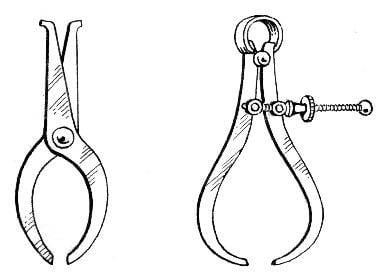
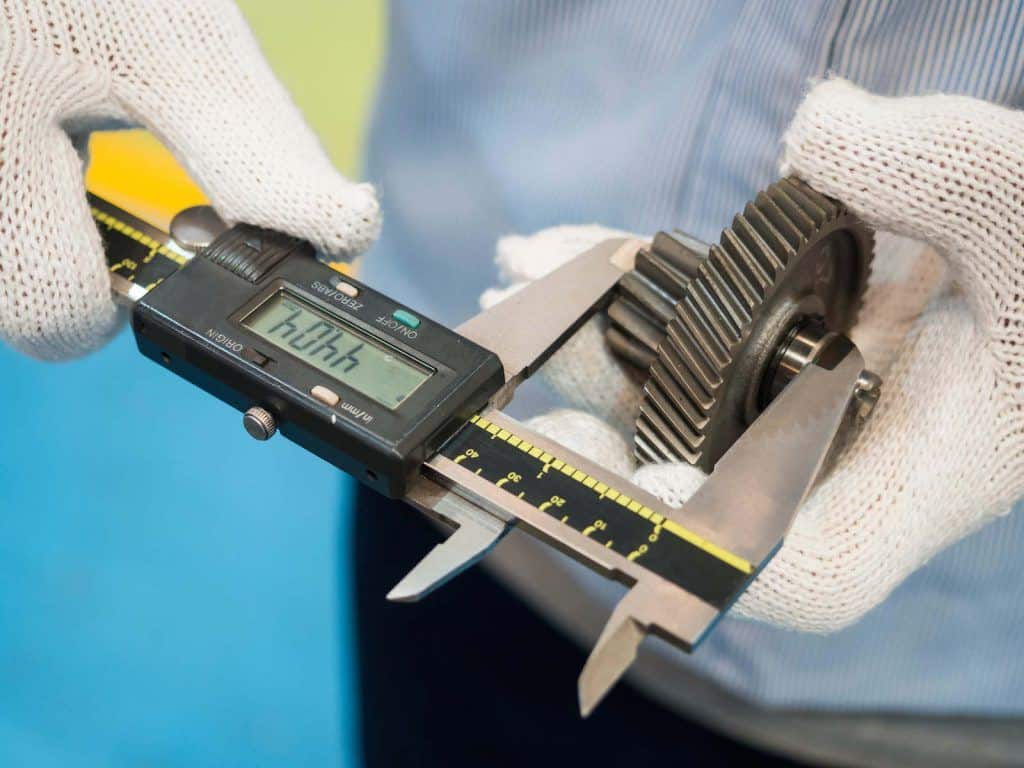
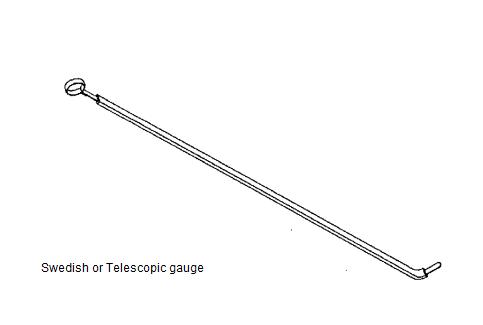
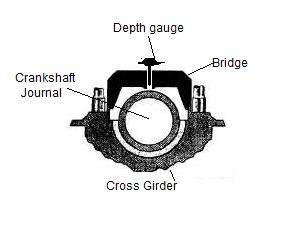
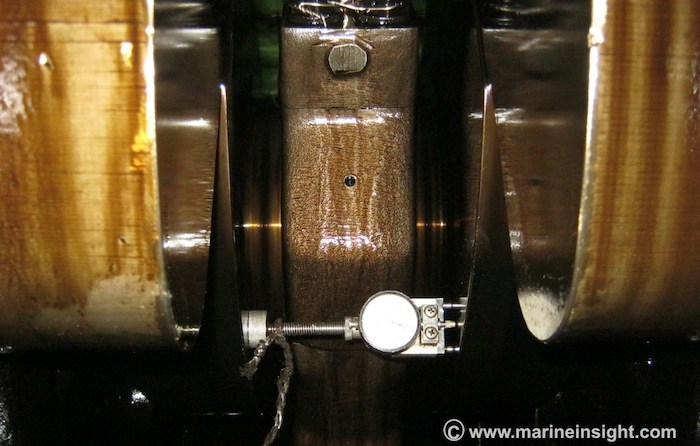
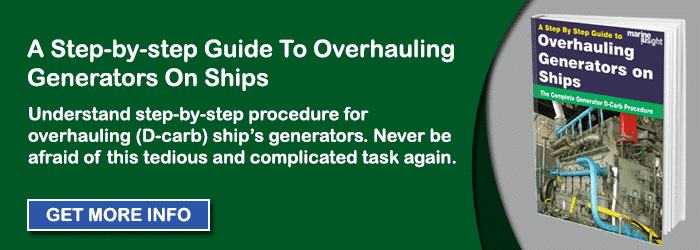
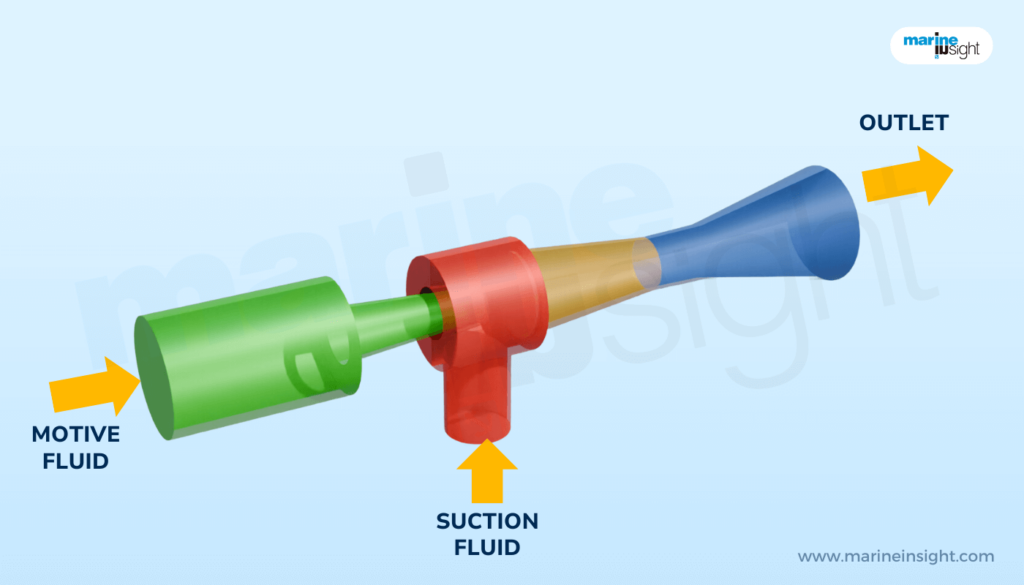
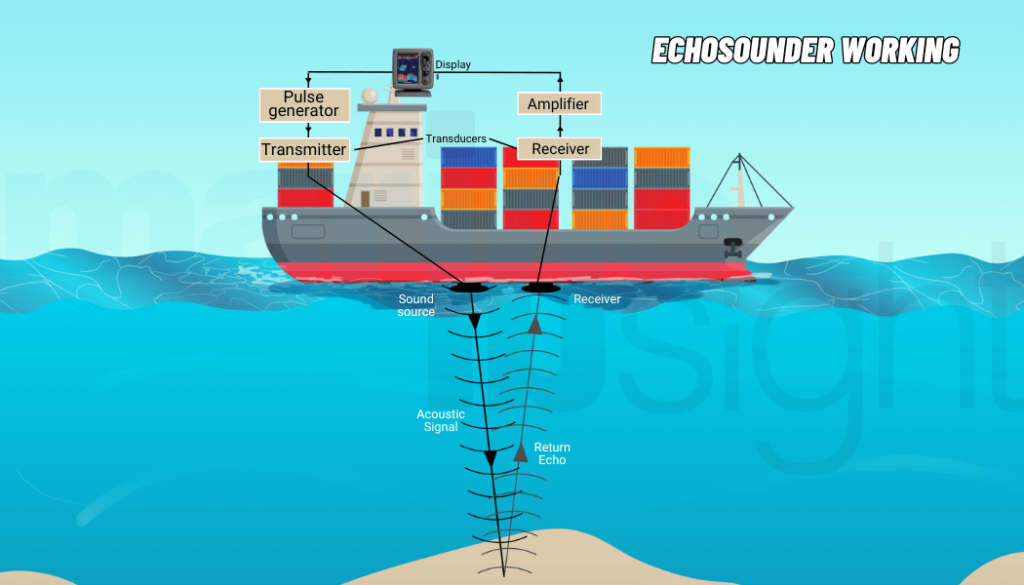
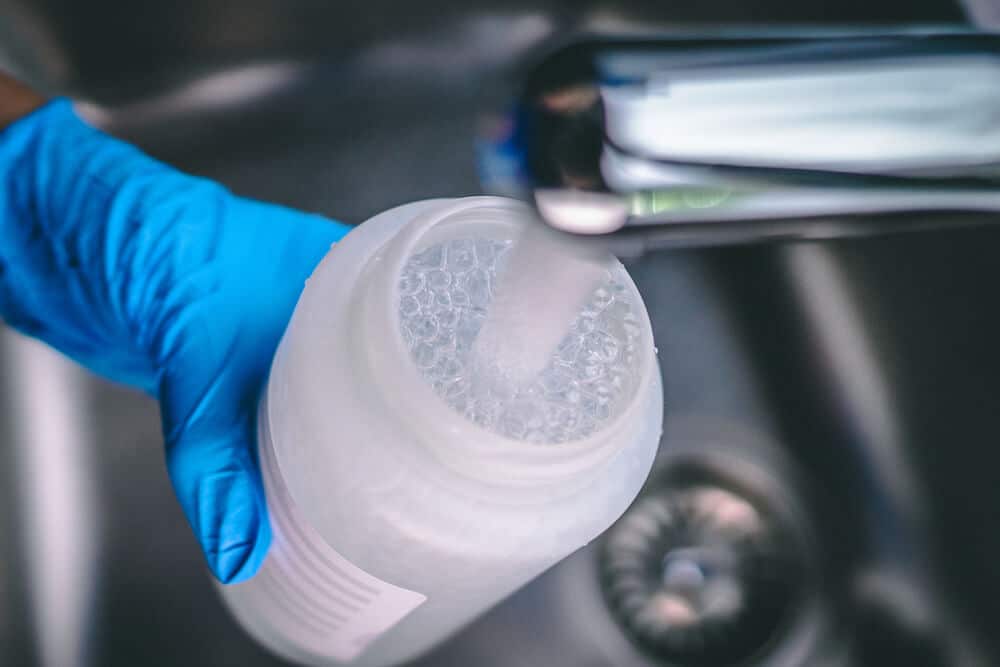
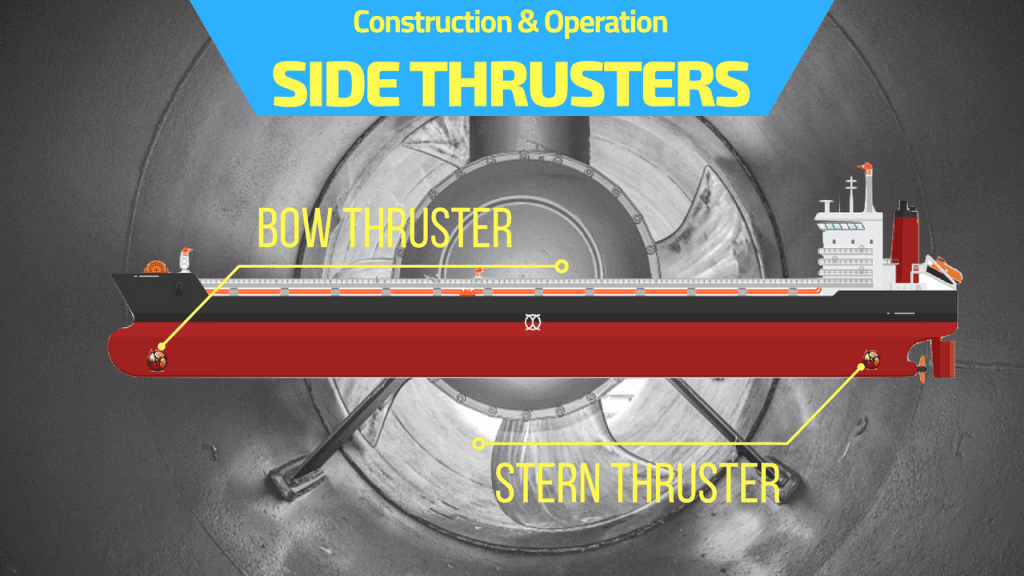

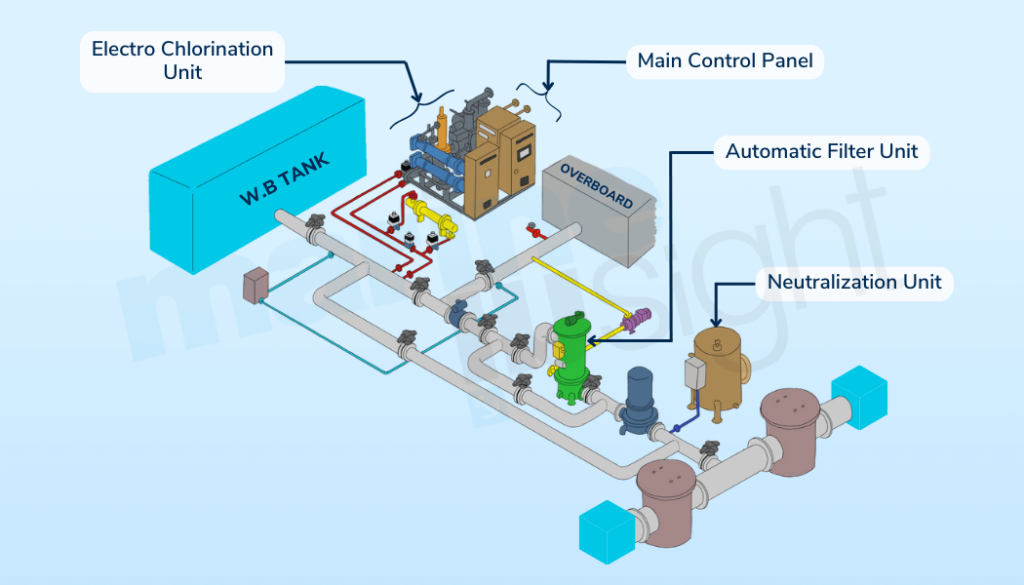
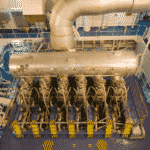
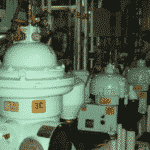
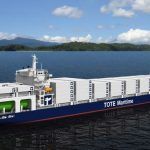

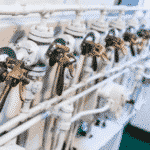
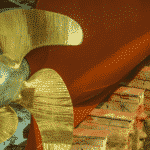

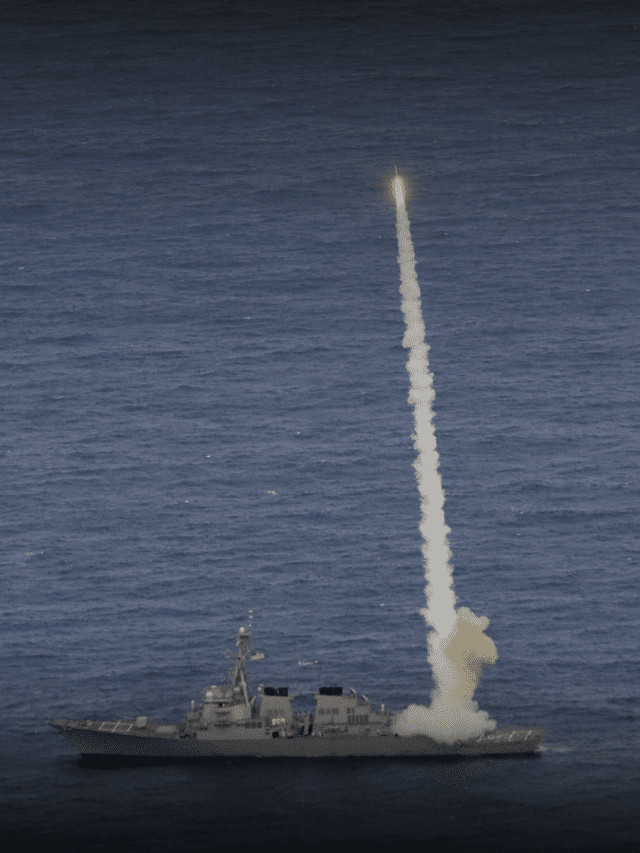

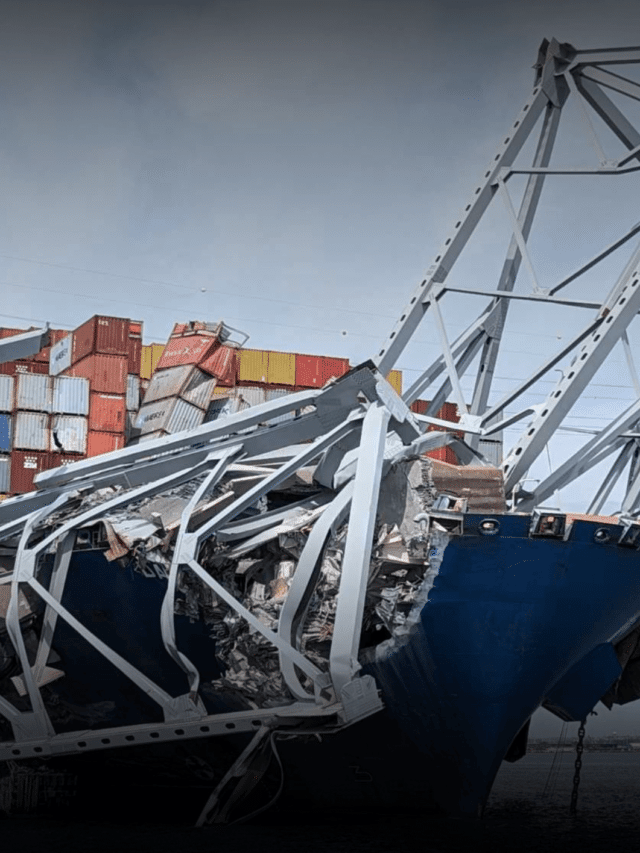
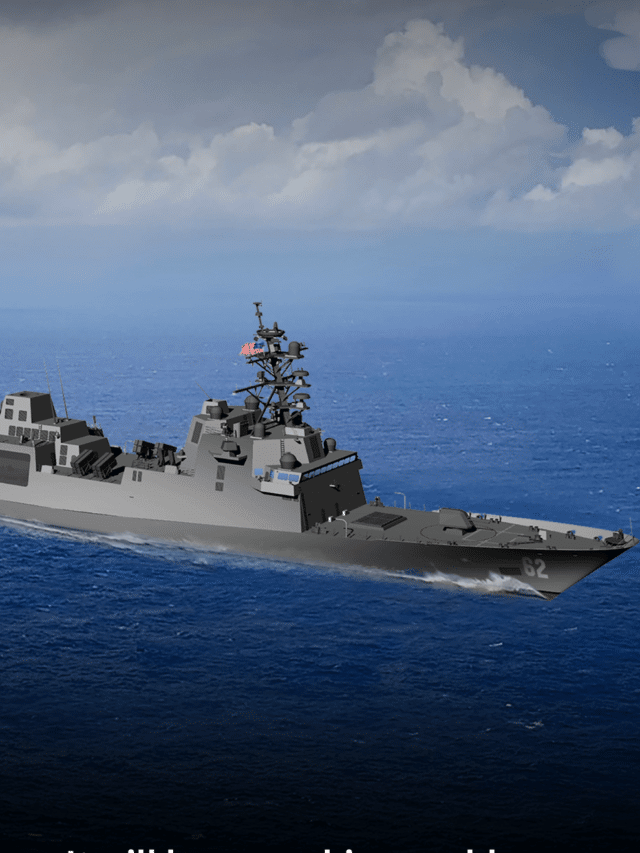
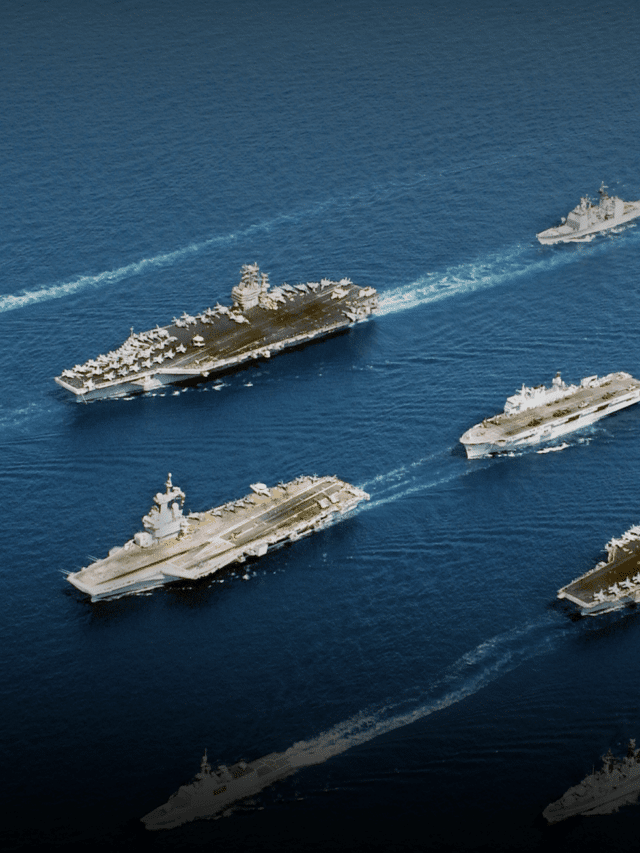
It is very useful to Dynamic Engineers.
Where can i get the poker gauge and do you have picture it?
can you please explain different types of gauges like semi gauge etc..
Hello Everybody ! Thanks for useful tips.
Aside Mr. Anish could please, send to my mail photo of the POKER Gauge.
Thanks in advance !
Regards,
Hasib
Sir can u tell me what type of question ask in interviw for tr. Fitter job as tr.engine room petty officr in SCI…PLZ SUGGEST ME…
sir,
plz tell me what types of questions asked to face interview.i am iti fitter trade student..plz
Mostly workshop technology questions which includes- welding, brazing etc.
Plz.i want types of bolt
thankyou.!!!!
supper
it is mostly used in all mechanical Engg student
Thank you sir
sir,
i was looking for a diagram showing exact location of the hole to insert poker gauge .it would be really kind of you if you could send me a picture or a diagram of the same.
thank you
great knowledge
Difference between dial gauge and deflection gauge.can u pls tell me
sir. What type of a tools box an apprenticeship student for ‘Fitting and Turning’ should have on his/her first year?
hi … respected sir ;
my name is anish .. i stuyded iti (fitter ) .. can i got job any were ???/
Hi, Please where can I get a poker gauge? Does it go by any other name? When I search websites like marine mega store, go 2 marine etc for poker gauge, it comes up with a list of products. none of which says poker gauge.
I need this urgently, please can anyone assist and point me in the right direction.
thank you
hello every one,
thanks for given these important useful information about gauges.
thanks a lot
can any one knows about bore guages with dial indicators & curved type legs for inside measurments.
if any one please let me know.
thanks & Regards
Shabbir Ahmad
For above mentioned qury please feel free to contact me @
shabbirahmad474@gmail.com
@ Shabbir: You can post all your queries in the forums for multiple and speedy replies- https://forums.marineinsight.com
height gauge, sleep gauge, sine bar, spirit level, degree protectors, inside micrometer
no no
Good Morning,
Great article. Very informative. Regarding the mentioned tongue gauge, this is a very difficult item to search for. I have tried all types of name combinations, but have not had any luck finding it. Does this item go by any other name? Would you know of any manufacturer’s who supply these type of gauges or any suppliers who have some on hand? Is this item even still available or is is obsolete? Your earliest reply is most appreciated. Thank you.
Best Regards,
Hassan Al-khalifah
Vice President
COBRO International, Inc. (USA)
12 Townhouse Court P.O. Box 67 Bellaire Texas 77402
Phone: +1 (713) 668-1801
Fax: +1 (713) 664-6349
Email: inquiries@cobroint.com
dear sir anish plz tell me different part of petrol engine on my mail id panwarankit69@gmail.com
tramel gauge to measure rudder drop
tell different types of measuring devices which are most accurate
plz sir help me send diesel and petrol engine with a neat labels to my mail sir. thanks
IT IS VERY USEFUL IN THIS PAGE AND ADD FOR INSTRUMENTS PICTURE………..
It is a very usefull and cheaking instrument geagus is to use of mass production in industry very gud instrument i like it Quality control inspection Mech. Engeenier so quite all of theam mechanical field is very large
our office required the following item
U type micrometer analouge and digital
measuring capacity = 0-25 mm span 0-15mm
thanks
regards
irfan ul haq khan
I had no idea that micrometers were more accurate than callipers. It seems like an excellent way to make fine and precise measurements. I wonder how thread plugs gauges play a role in the manufacturing industry.
Plz mention the least count of each gauge..,
Hello,
This is really helpful information. I am translating a survey report and I couldn’t find the spanish translation for poker gauge, nevertheless due to your explanation, at least now I know what a poker gauge is for. Thanks
splendid sir
You’re the best, Mahesh. 🙂
Tell meh something more about TGP …
thank you for your article. its very usefull
Thank you so much for your article it helped me alot. You can add there LC’s.
@Ashish: Glad the content is useful.
I have just fallen in love with this site,hope I will be well acquainted with shipping and Marine Engineering knowledge, thanks so much
Thanks sir,
Best knowledge given by you for engineering use.
@Siddhant: Glad the information is useful ????????
perfect for knowledge seekers. Digital scale is an essential tool for measuring the small object perfectly. It provides exact information about measuring the object. Thanks for your meaningful post.
@Danny: glad the post is helpful ??
what is the meaning of gauge tool???
please answer me
@Merry Grace: Any tool which is used for measurement purpose.
Thanks U
Ball Measurement Tool is required to measure balls size.
I have photos of some sort of gauge that belonged to a man who died in 1964, and was a member of the Society of Naval Architects and Marine Engineers. Could I send you photos to see if you recognize the tool?
Hi James
Please send it to anishw@marineisnight.com.
We can always ask our audience which is widespread.